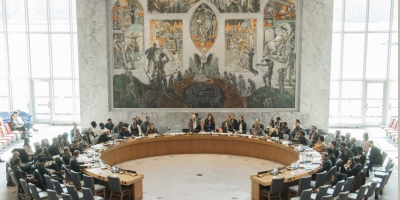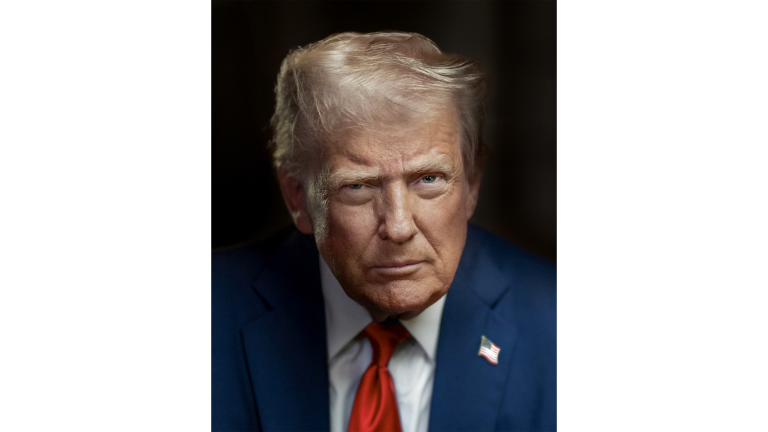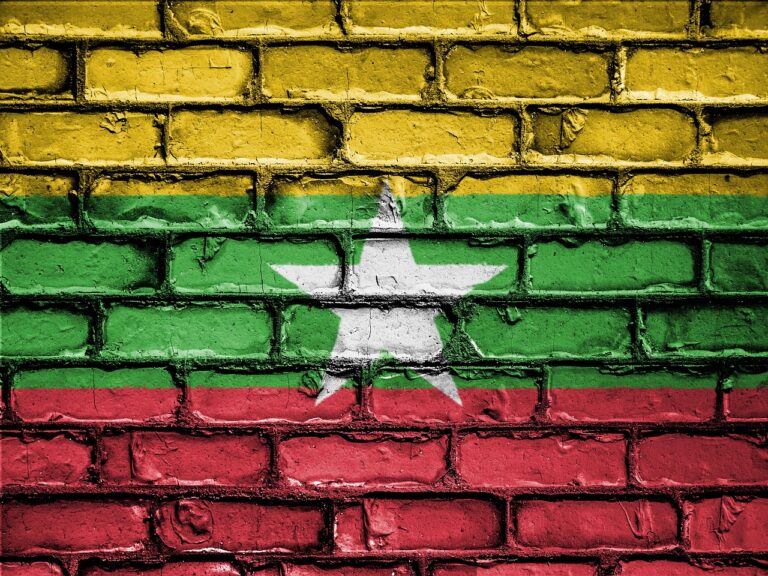
File photo of UNSC
New York: Iran today (IST) told the United Nations Security Council (UNSC) it was “determined to defend its sovereignty and territorial integrity against any threat or acts of aggression”. While asserting that its drone and missile strikes on Israel “was entirely in the exercise of its inherent right to self-defence” and that it does not seek escalation or war in the region, Iran warned that if “Washington D.C. initiates military operations against Tehran” then it will use its “inherent right to respond proportionately”. But Iran claimed that it has “no intention” of engaging in conflict with the United States in the region.
The USA warned that “If Iran or its proxies take actions against the United States or further action against Israel, Iran will be held responsible”. The American delegate to the UNSC though claimed that the US “is not seeking escalation and its actions have been purely defensive in nature”.
Israel compared Iran’s regime – “seeking death and destruction” – with the Third Reich and stated that Tehran and its proxies must be shown that the world will no longer stand idle. “Tehran’s strategy has been crystal clear – arm, fund and train foreign terror proxies worldwide to carry out its murderous scheme of domination”, Israel claimed. Pointing out that Hamas – with Iranian funding, weaponry and training – carried out the most brutal massacre of Jews since the Holocaust, Israel called on the Council to take concrete action against Tehran, warning that “its hegemonic ambitions of global domination must be stopped before it drives the world to the point of no return – […] a world war”. It further declared, “We will defend our future”.
Iran justified its attack on Israel, and said, “This concluded action was necessary and proportionate” and was carried out carefully to only target military objectives, minimize the potential for escalation and prevent civilian harm.
The emergency session of the UNSC was held upon an urgent request by Israel following what it described in a letter as a direct attack launched by Iran (on April 13-14, 2024) of over 200 unmanned aerial vehicles, cruise missiles, and ballistic missiles towards Israel “in clear violation of the United Nations Charter and international law”.
Israel claimed Iran’s attack was launched from its soil as well as from Lebanon, Yemen, Syria and Iraq. While it claimed that 99% of the UAVs and missiles were intercepted, some reportedly struck within Israeli territory and one of them damaged an Israeli military facility in the south of the country. Overall, a few civilians were injured.
Countries such as South Korea, Mozambique, Sierra Leone, Algeria, Ecuador, Japan, Switzerland and Malta warned against accelerating the spiral of violence in the region, calling on all parties to exercise utmost restraint at the UNSC. China cautioned that “If the flames of the Gaza conflict are allowed to continue raging, then the adverse spillover is set to spread further, making the region even more unstable”.
Also read: Iran attacks Israel, threatens more ‘heavier and regrettable response’
Iran accused the UNSC of failing in its duty to maintain international peace and security following “Israel’s terrorist attack” against Tehran’s diplomatic premises in Damascus on April 1, 2024. In a letter to the Council, it reiterated that it carried out a series of military strikes on Israeli military objectives in the exercise of Iran’s inherent right to self-defence as outlined in Article 51 of the Charter and in response to the Israeli recurring military aggressions, particularly its armed attack on April 1, 2024, against Iranian diplomatic premises in Damascus.
Launching a scathing attack on Iran, the USA told the UNSC to “not let Iran’s actions go unanswered”, and stressed on the “collective responsibility” to ensure Iran’s compliance with Council resolutions. “In the coming days, and in consultation with other Member States, the United States will explore additional measures to hold Iran accountable here at the United Nations,” the US delegate pledged, expressing support for Israel’s right to self-defence.
Washington accused Tehran of “flagrantly” violating its international legal obligations by arming Hezbollah; arming, facilitating, and enabling Houthi attacks; and transferring drones to the Russian Federation, for “far too long”. It further claimed that Iran was also complicit in the October 7, 2023, attack on Israel “as it has provided significant funding and training for the military wing of Hamas and, therefore, contributed to the current crisis in Gaza”.
The US condemned in the “strongest terms” the “unprecedented” attack on Israel by Iran and its militant proxies, “whose intent was to cause significant damage and death”. It went on to claim that Iran’s “reckless actions pose a threat to populations in Israel and other UN Member States in the region, including Jordan and Iraq”.
Iran accused the United States, the United Kingdom and France of shielding Israel from any responsibility for the Gaza massacre for over six months now. “While they have denied Iran’s inherent right to self-defence against the Israeli armed attacks on our diplomatic premises, at the same time, they shamefully justified the Israeli massacre and genocide against the defenceless Palestinian people under the pretext of self-defence,” the Iranian delegate stated, accusing the three of turning a “blind eye ” to the Israeli armed attacks against its diplomatic premises in Syria on April 1, 2024.
While France said Tehran “crossed a new threshold in its destabilizing action, risking a military escalation”, the United Kingdom said, “Through this attack, Iran has once again demonstrated that it is intent on sowing chaos in the region”, and stressed that the UK “will continue to stand up for Israel’s security, and that of all its regional partners, including Jordan and Iraq”.
The Syrian delegate was quick to defend Iran, accusing the United States, the United Kingdom and France for attacking Syria collectively and individually, based on a distorted interpretation of Article 51 of the UN Charter.
“Iran’s response – an urgent necessity imposed by Israel’s persistent crimes – amounts to a sound and practical exercise of the legitimate right of self-defence,” Syria said, while bringing to the attention the USA’s “illegitimate military presence on Syria’s territory, the systemic looting of its national wealth and the sponsoring of terrorist organizations and separatist militias”. Syria also demanded the full and unconditional lifting of unilateral coercive measures – a form of “economic terrorism”.
The United Nations Secretary-General António Guterres stressed the “shared responsibility” to actively engage all parties concerned to prevent further escalation, secure an immediate humanitarian ceasefire in Gaza, the unconditional release of all hostages, the unimpeded delivery of humanitarian aid, the cessation of hostilities in the occupied West Bank, de-escalation of the situation along the Blue Line, and re-establishment of safe navigation in the Red Sea. “It’s time to step back from the brink,” he asserted, stressing the vital need to avoid any action that could lead to major military confrontations on multiple fronts in the Middle East.
However, Guterrres’ observations drew immediate criticism from Russia. Claiming that while Guterres “instantly and publicly reacted and condemned Iran’s actions”, Russia criticised the UN Secretary-General for having failed to propose to brief the UNSC on April 2, 2024, when an emergency meeting was called on the Israeli strikes against Iran’s consular premises in Syrian capital Damascus.
Rejecting “such hypocrisy and double standards”, Russia stressed that the night of April 14 “did not happen in a vacuum” – instead, the steps undertaken by Iran became a reaction to the Council’s “disgraceful inaction” regarding the egregious attack by Israel against Damascus.
“Moscow proposed a draft press statement to denounce this atrocious act; however, Western countries – The US, the United Kingdom and France- declined to confirm that the basic principles of international law on the inviolability of diplomatic and consular facilities apply equally to all States,” the Russian delegation said. It called on the UN Chief to be more active vis-à-vis “no less turbulent topics” in the Middle East, including Israel’s regular attacks against Syria and Lebanon. “The spiral of bloodshed and confrontations must be stopped; otherwise, the region could be drawn into a vicious cycle of mutual attacks and violence,” it warned.
Guterres conceded: “Regional – and indeed global – peace and security are being undermined by the hour. Neither the region nor the world can afford more war.” He stressed: “Now is the time to defuse and de-escalate.”
– global bihari bureau





